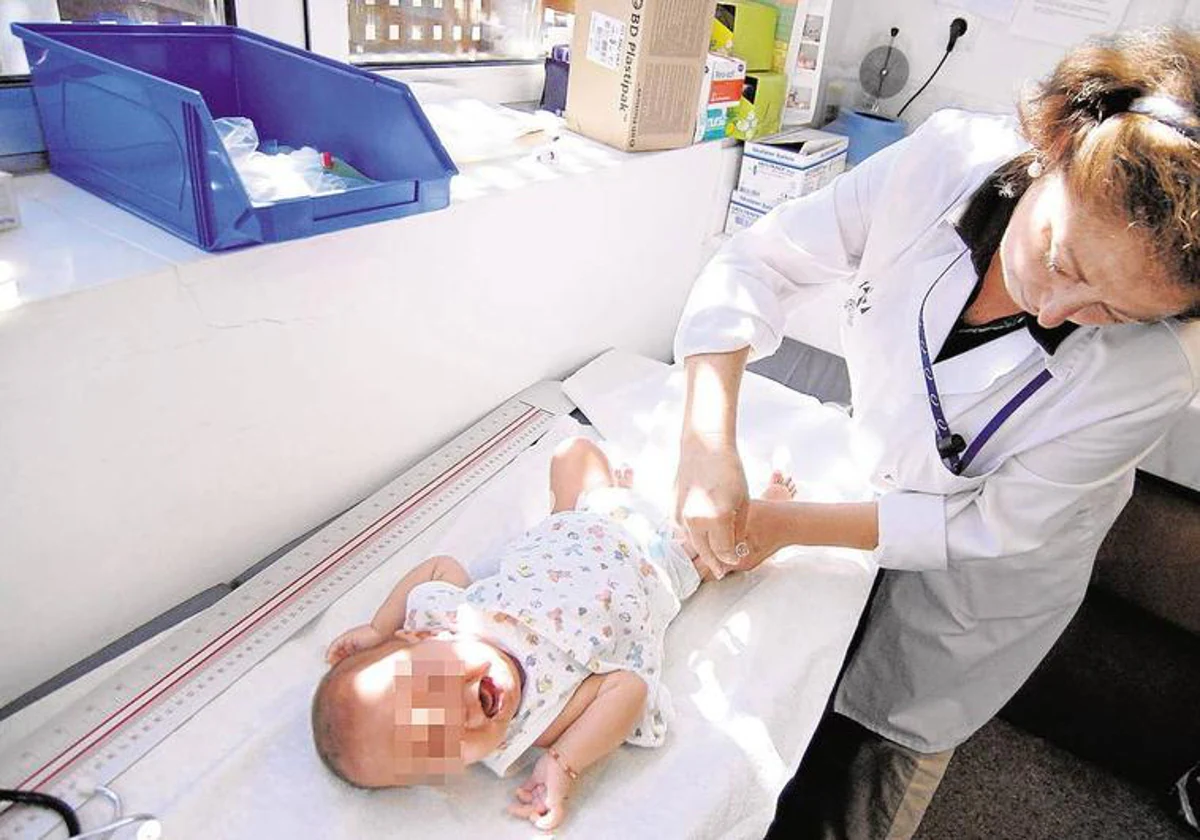Children under six months of age in Spain to be vaccinated against common chest infection
The Andalucía region started to administer Nirsevimab, which reduces the number of children admitted to hospital for respiratory syncytial virus, the main cause of infant bronchiolitis, by 83%, on Monday
Álvaro Soto
Madrid
Sunday, 24 September 2023
The Andalucía region started to immunise children under six months of age against the virus that causes a common chest infection on Monday 25 September.
Andalucía, Galicia and Murcia will administer the drug, Nirsevimab, which promises to reduce hospitalisations of infants with respiratory syncytial virus (RSV), the main cause of infant bronchiolitis, to babies. It will be administered to babies born between April and October 2023, and from then until March 2024, they will receive it as they are born.
By March next year about 335,000 babies will have been jabbed. Those born before the start of the campaign will be contacted by their health centres or hospitals, and those born after will be inoculated before leaving the hospital, within three days of birth.
Health authorities urge the immunisation of babies with Nirsevimab as soon as possible to avoid an explosion of bronchiolitis cases like the one that happened in the winter of last year.
A 'revolutionary' drug
Nirsevimab is developed by pharmaceutical giants Sanofi and AstraZeneca. A single dose provides immunity for at least five months. "It is a revolutionary drug," the president of the Spanish Vaccination Association Jaime Jesús Pérez said. "This monoclonal antibody, plus vaccination against influenza in children, could represent a major shift and almost put an end to hospitalisations of the youngest children for respiratory diseases".
In a European trial with 8,000 healthy babies, the drug showed 83% efficacy in reducing hospitalisations with RSV and only 0.7% of the babies who had been administered showed adverse reactions, mainly rashes, in most cases mild.
Flu vaccine
In addition to Nirsevimab, children aged between six months and five years can also be immunised against influenza this winter. "If we look at the data, we see that influenza is a disease with a significant impact on children. In three of the seven seasons prior to covid, the number of hospitalisations due to influenza was higher in children under five years of age than in those over 65," Perez pointed out.
Until now, the childhood flu vaccine was only administered to children with previous pathologies. Now it will be accessible to everyone.
